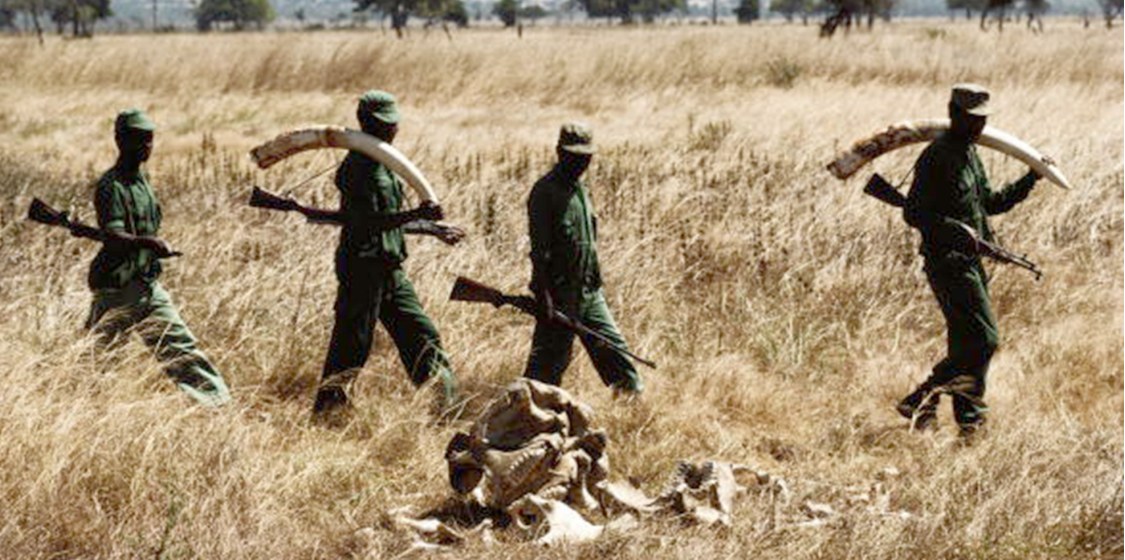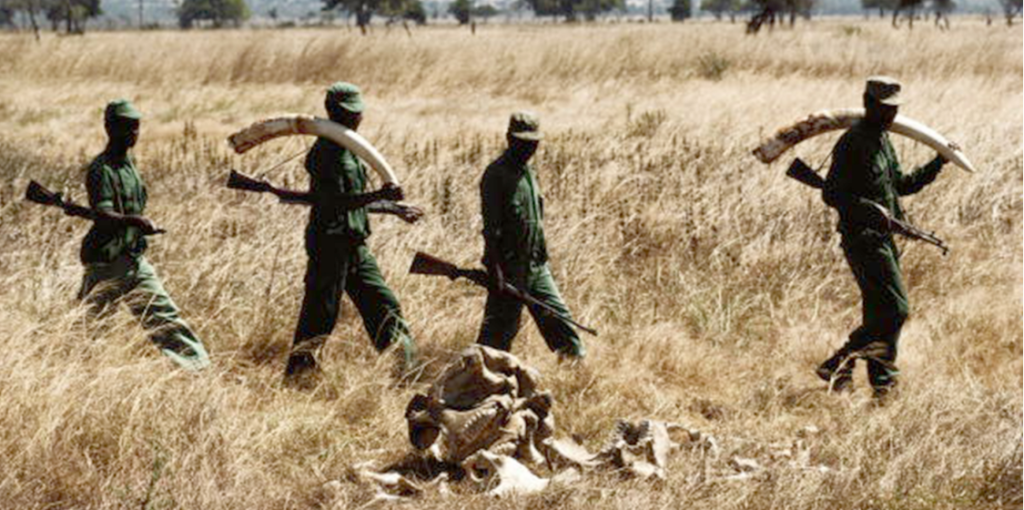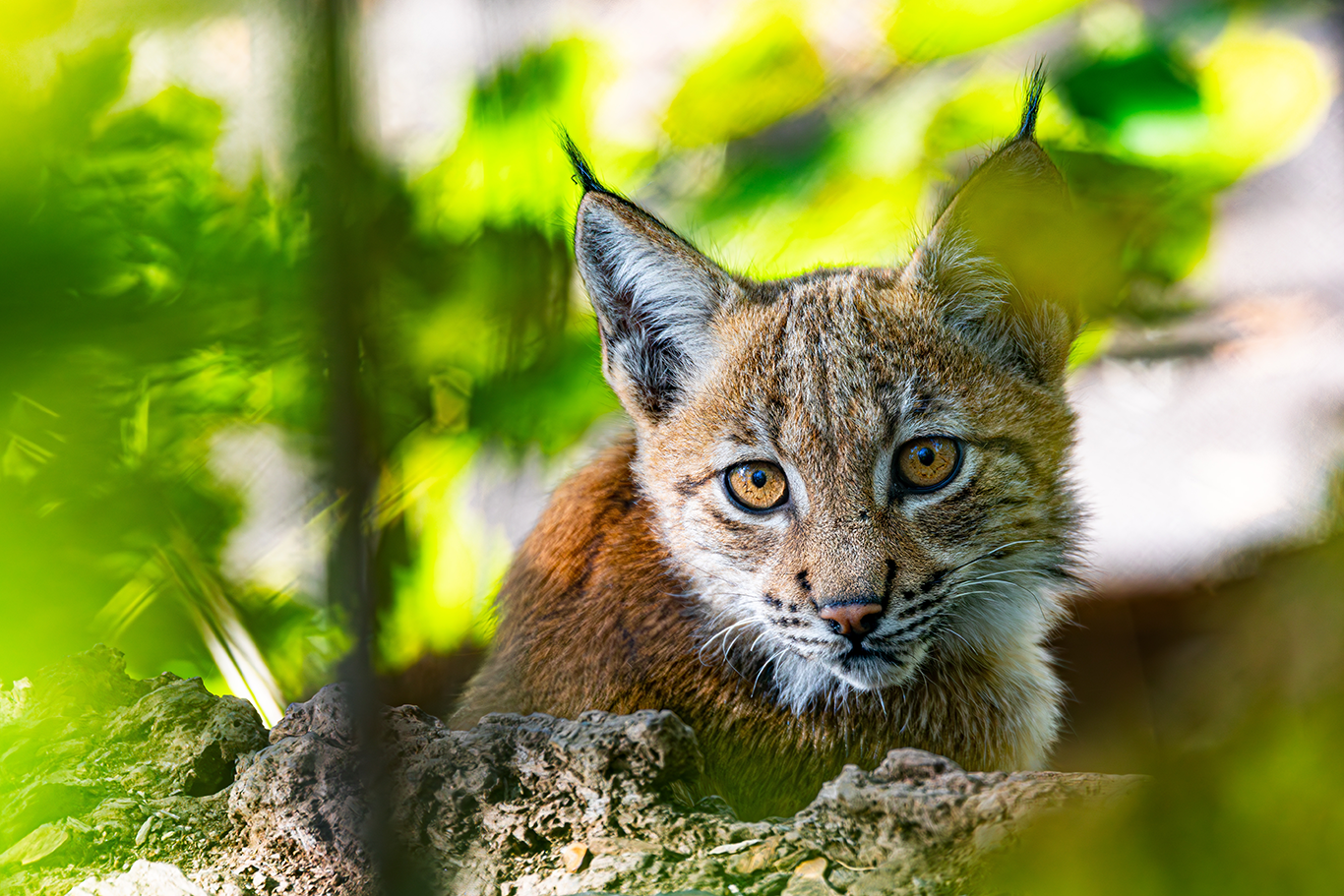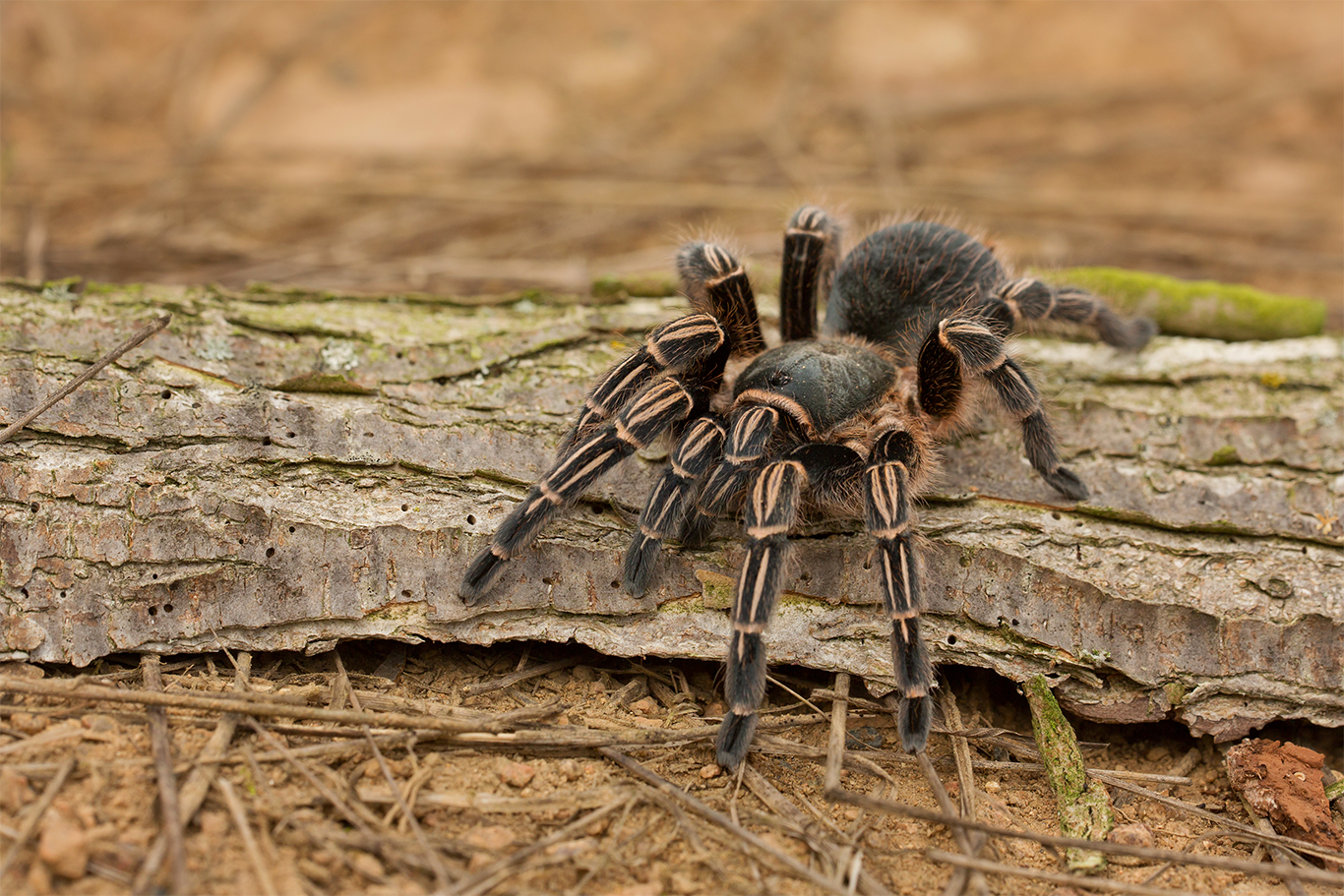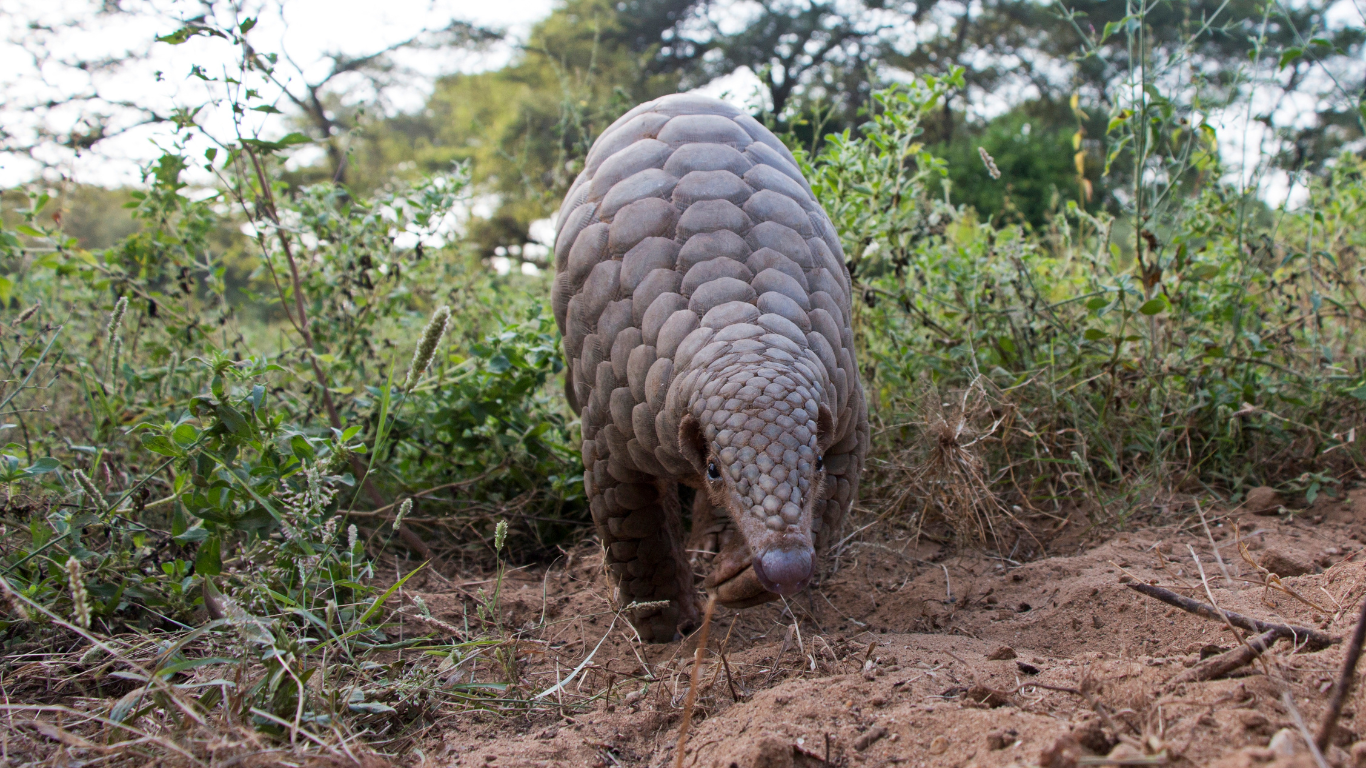The results of an aerial wildlife study in Botswana shows a significant increase in elephant poaching in one of the last elephant sanctuaries in Africa. The four-year survey by Elephants Without Borders (EWB) found a six-fold increase in the number of fresh or recent elephant carcasses in northern Botswana.
Mike Chase, the scientist who carried out the survey, said while flying over the area, he discovered 88 recently killed elephants in one “hotspot” and 128 overall.
Animal Survival International (formerly Political Animal Lobby) lead campaigner Andrea Matthee said the blame of this wildlife massacre lays squarely at government’s doorstep.
“ASI has previously warned that Botswana’s current policies would lead to increased elephant poaching and this has proven true. This is as a result of Botswana’s decision to reintroduce elephant hunts earlier this year,” she said.
“It’s a sad reality and this is just the beginning. As time goes by we will see many more elephant herds being killed, at the instruction of Botswana’s leaders. In a year or two, these figures may even multiply ten-fold.”
A report by Deutsche Presse-Agentur (DPA) stated that in the past six months alone, nine rhinos were killed for their horns. In 2016, only one of Botswana’s 400 rhinos was poached, and in 2017 no rhino was killed. At the time, elephant hunts were illegal under the previous government administration.
In recent months, Botswana President Mokgweetsi Masisi angered conservationists when he put elephants at the centre of his electioneering campaign to gain votes, stating that elephants were too numerous and threatened villagers. His stance won widespread rural support and as a result, he won the country’s general election in October.
On the figures by EWB, the government labelled them “false and misleading”. This is despite the fact that the final report identifies four poaching hotspots, provides photographic evidence from ground surveys, and has been peer-reviewed by nine international elephant experts.
Masisi said it was the “biggest hoax of the 21st Century” and denied there had been a spike in poaching in Botswana.
“We believe his denial and stance is reflective of how the present government views wildlife in Botswana. Once elephants are wiped out in that country, what will the government exterminate next? This is a serious matter that requires urgent international attention for the sake of Botswana’s surviving elephants,” said Matthee.
There are now around 415,000 African elephants left, and Botswana is home to about a third of them. Elephants are slaughtered brutally for their tusks – while leaving infants to fend for themselves. Elephant tusks are in high demand in Asian countries and are used for jewellery, ornaments and other goods.

